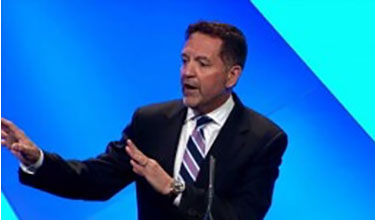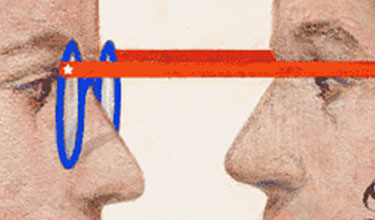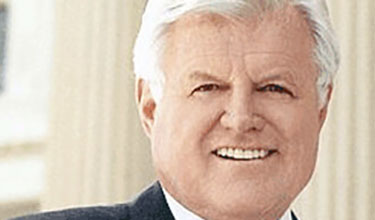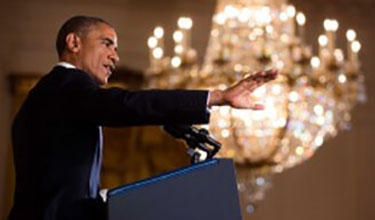Enemies or Friends?
As the election season kicks into high gear the overall tone is swinging even further into the attack zone. While unfortunate, that is natural in an election when candidates’ strategies are all about differentiation. However, those not up for election – and that includes most of us – don’t have to get caught up in the rancorous atmosphere that the competition for votes leaves in its wake.
This recent piece by Rich Karlgaard in Forbes takes a frank look at finding common ground at a personal, day-to-day level. It demonstrates what we believe to be fundamentally true – that we can find common ground on issues of national importance without compromising fundamental principles. The key is to resist the desire for a win-lose (where you win and the person who disagrees with you loses) and seek instead the points of agreement which is a win-win both in moving forward on an issue and in building and maintaining a good relationship that can facilitate future progress. It actually isn’t that difficult to do.












